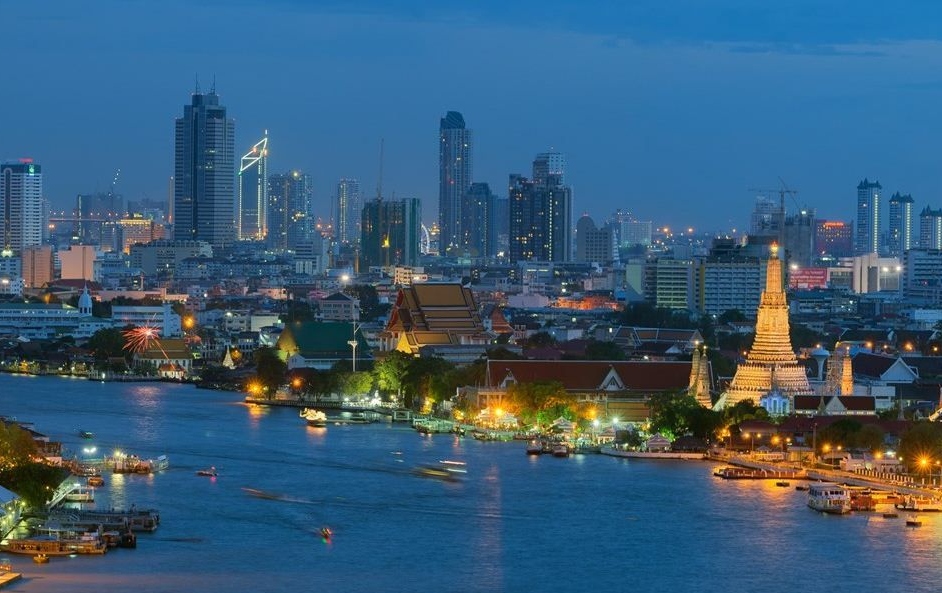Thai cabinet members are now evaluating public feedback on proposed entertainment complexes in the country. Some participants suggest shorter licence terms. Some want a lower entry fee for locals.
In August, the Ministry of Finance held a two-week online hearing to gauge public opinion on the proposal, which would introduce five or more integrated resorts (IRs) with casinos. Lawmakers are now reviewing public feedback on proposed “entertainment complexes” in the kingdom.
Public comments span what the licence term should be to how much locals should have to pay to enter a casino.
Most forms of gambling are illegal in Thailand, with the exception of a national lottery and horse-race betting. Former prime minister Srettha Thavisin and his successor Paetongtarn Shinawatra believe IRs will attract big-spending tourists and support long-term economic growth.
With government approval, the country hopes to speed development and possibly open before Japan’s first IR, MGM Osaka, debuts in in 2030.
According to a Thai House committee report, IRs could generate 12bn baht (£276m/€331m/$358m) in taxes in the industry’s first year.
Lawmakers have proposed five locations to start, including at least two in the capital city of Bangkok. Others suggested locales include Chiang Mai, Thailand’s “unofficial second city” in the northern mountains; the holiday island of Phuket in southern Thailand; and the Eastern Economic Corridor (EEC).
What the people say
Thailand’s Fiscal Policy Office (FPO) is now reviewing the public feedback, which includes 45 points for consideration. Then it will go to the Cabinet.
Some participants in the online hearing suggest the licence term be slashed from 30 to 10 years. Some recommend it be lengthened to as much as 60 years.
Other respondents say entry fees for Thai gamblers should be no more than 2,000 baht. And some said gambling win should be tax-free. Some proposed a dedicated fund to assist people affected by problem gambling.
Currently, the entertainment complex bill mandates that each IR include at least four non-gaming components, such as hotels, entertainment arenas and theme parks. Some members of the public are pushing for seven such attractions, including exhibits that showcase Thai culture.
Operator requirements
Global operators like the Las Vegas Sands Corporation, Wynn Resorts, Caesars Entertainment, MGM Resorts, Galaxy Entertainment and Hard Rock all are said to be evaluating Thailand as an opportunity.
To qualify, they would have to be incorporated in Thailand and demonstrate a minimum paid-up capital of 10bn baht. The licence would be valid for 30 years and renewable for 10 years.
Licence fees would vary depending on location and the investment classification: small, medium, large and extra-large. The extra-large category, for instance, would carry a minimum investment of 100bn baht. Under the draft proposal, gross gaming revenue (GGR) would be taxable at 17%.
The complexes would welcome foreigners. But to curb problem gambling, the bill includes an entry fee of 5,000 baht for Thai citizens.
Rivaling Macau and Singapore?
If and when IRs open in Thailand, the market could provide formidable competition for Macau and Singapore.
“If Thailand does it right, this could boost its appeal as a tourist destination,” Ben Lee, managing partner of IGamiX Management and Consulting, told CNBC. “Thailand is a tourism juggernaut. It’s the one tourism market in the region everyone fears.”



